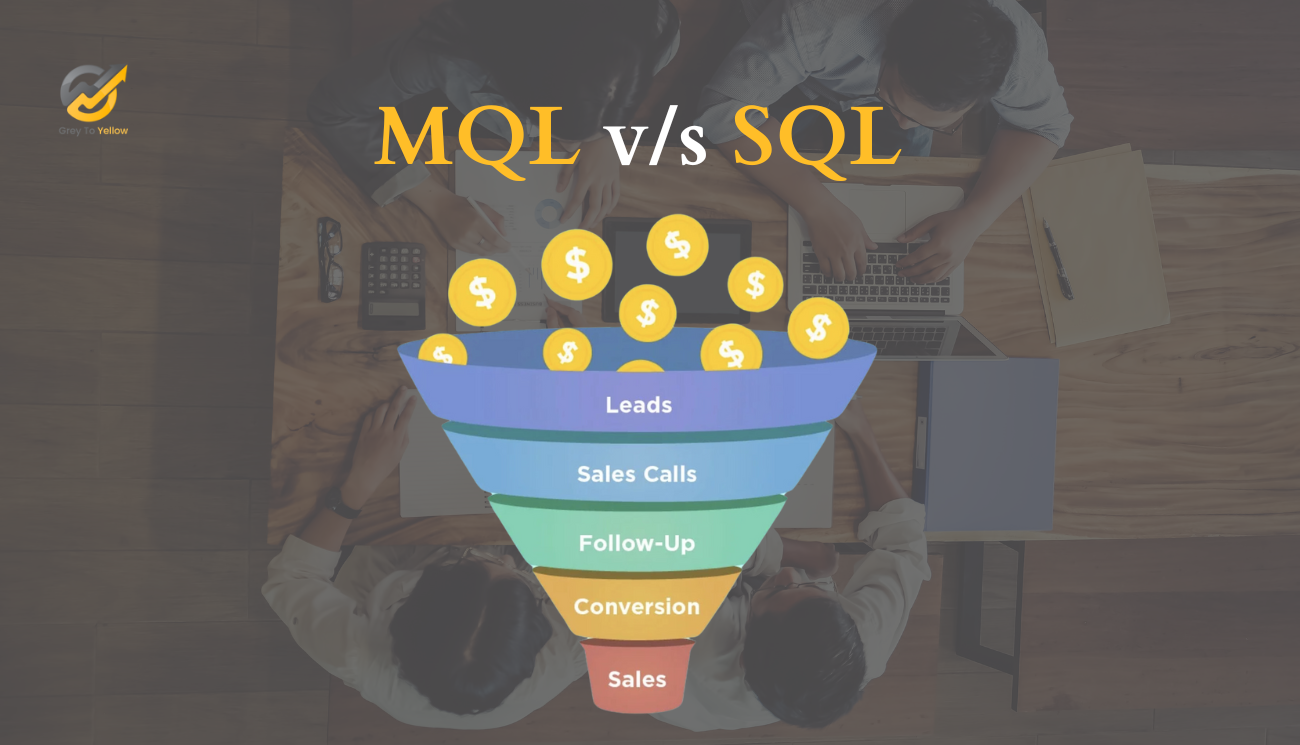
Marketing Qualified Leads vs. Sales Qualified Leads: A Comprehensive Guide
The world of marketing and sales contains a lot of acronyms and understanding what they mean is very crucial for success for your business. Two of the most important acronyms are MQL or Marketing Qualified Lead and SQL or Sales Qualified Lead. These terms define the journey of a client through your sales funnel. Let us get to know what these mean and how they differ from each other.
What is a Marketing Qualified Lead (MQL)?
An MQL is a lead who has shown more interest in your brand than other leads. They’ve interacted with your marketing efforts in some way, such as:
- Downloading a white paper or ebook
- Signing up for your newsletter
- Attending a webinar
- Visiting your website multiple times
- Adding items to their cart (but not completing the purchase)
MQLs can be seen as promising leads, but they haven’t necessarily shown the buying intent yet. They need some education and nurturing before they can talk about sales.
What is a Sales Qualified Lead (SQL)?
An SQL is someone who has shown more interest in becoming a customer of your business. They have shown clear intent and are ready to talk with your sales team. Here are some examples of actions that might qualify a lead as an SQL:
- Requesting a demo of your product
- Booking a consultation with a salesperson
- Clicking on a “call to action” (CTA) button for a free trial
- Filling out a form requesting a quote
SQLs are hot leads and should be prioritised by your sales team.
The Key Difference Between MQLs and SQLs
The main difference between MQLs and SQLs boils down to buying intent. MQLs have shown some interest, but they’re still in the research and educational phase. SQLs, on the other hand, are actively considering a purchase and are ready to talk to people about your product or service and discuss the same with your sales team.
Why Differentiating Between MQLs and SQLs Matters
Separating MQLs from SQLs is essential for a smooth handoff between your marketing and sales teams. Here’s why:
- Improves Lead Nurturing: By understanding where a lead is in the buying journey, your marketing and sales team can help nurture the lead. MQLs need more educational content while SQLs might require product demos or case studies.
- Boosts Sales Efficiency: Sales reps shouldn’t waste time on unqualified leads. Focusing on SQLs allows them to prioritise leads with a higher chance of converting.
- Increases Revenue: A clear distinction between MQL and SQL can help you measure the effectiveness of your marketing and sales efforts. You can track your MQL to SQL conversion rate and identify areas for improvement.
How to Generate More Qualified Leads
There are several strategies you can use to generate more qualified leads:
- Lead Generation Campaigns: Run targeted campaigns (inbound or outbound) to attract potential customers who are a good fit for your product or service.
- Content Marketing: Create valuable content (blog posts, ebooks, webinars) that educates your audience and positions you as a thought leader.
- Landing Pages: Design high-converting landing pages with clear CTAs to capture leads.
- Lead Magnets: Offer valuable content like ebooks or white papers in exchange for contact information.
MQLs and SQLs are both important parts of the sales funnel. By understanding the differences between them, you can optimise your marketing and sales efforts to generate more qualified leads and ultimately close more deals.
